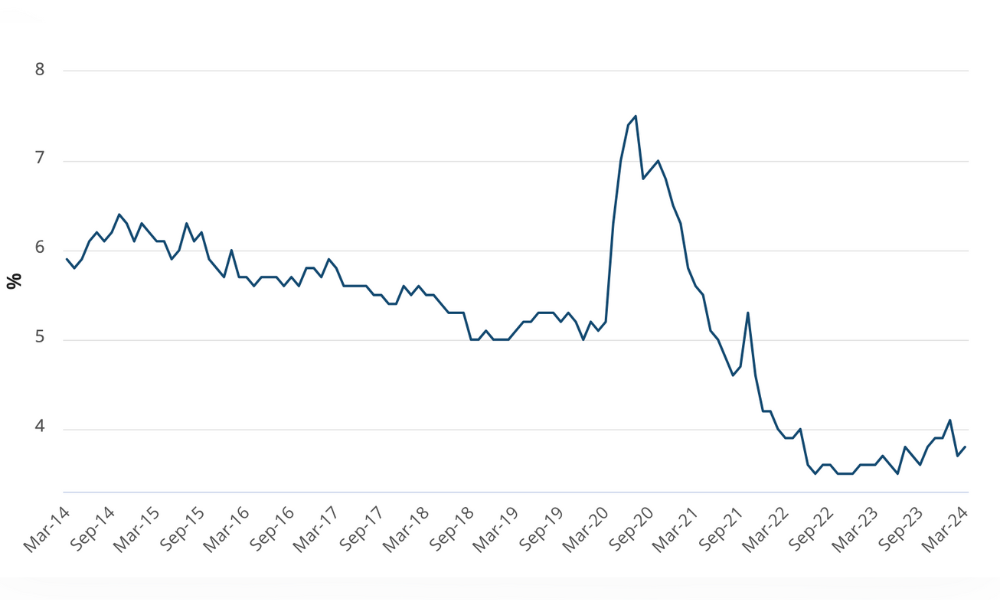What happens if an employee harasses a co-worker outside of office hours without realising they are a co-worker?

This article was contributed by Luis Izzo, Director, Workplace Relations, at Australian Business Lawyers & Advisors
Can HR professionals discipline an employee for sexually harassing a co-worker outside of office hours, even if they didn’t realise the co-worker was their colleague?
In most cases, the answer to this question will be yes. However, as is often the case with Australia’s employment laws, the devil is always in the detail.
There are a variety of considerations that employers need to be conscious of when considering disciplining employees for any type of ‘out of hours’ conduct.
In the pre-eminent authority on the issue, Telstra v Rose [1998] AIRC 1592, the Australian Industrial Relations Commission held that an employer can only discipline an employee for conduct engaged in outside of office hours where the conduct was so serious that it had either adversely affected:
(a) the relationship between the employer and employee;
(b) the employee's performance of work or ability to perform work; or
(c) the interests of the employer more generally.
Essentially, there must be a “clear connection” between the employee's out of hours conduct and their employment.
In the present example, where an employee engages in sexually harassing conduct towards a co-worker, there are a variety of ramifications that might affect the workplace. For instance:
- the employee’s ability to work harmoniously with the co-worker in future might be compromised;
- the co-worker’s ability to be comfortable at work and to feel supported and safe in his/her working environment might be compromised; or
- in more serious cases, the employer’s reputation could be exposed to adverse publicity.
So, provided that there are clear adverse ramifications to the workplace associated with the employee’s conduct outside of work, the employer will be able to discipline the employee - regardless of whether the employee knew the co-worker was a colleague or not.
However, where the conduct is relatively innocuous or not so serious so as to affect the workplace, employers need to be careful - particularly when considering dismissing an employee for misconduct outside the workplace.
This was highlighted in the 2015 decision of the Fair Work Commission in Keenan v Leighton Boral Amey Joint Venture [2015] FWC 3156. In this case, Vice President Hatcher found that numerous inappropriate incidents following a Christmas party did not warrant termination of employment because of their limited impact on the workplace. The incidents considered were quite serious, with the relevant employee being found to have:
- stated to one female employee: “My mission tonight is to find out what colour your knickers you have on”;
- stated to another employee: “I used to think you were a stuck up bitch, but Ryan says you are alright. If Ryan likes you then you must be ok”; and
- kissed another employee on the lips without warning, and then stated to the employee: “I’m going to go home and dream about you tonight”.
Whilst the Vice President found all of the behaviour to be inappropriate and unacceptable, and considered the behaviour would constitute sexual harassment if it took place at work, the Vice President ultimately concluded that the behaviour did not occur at work or have a sufficient connection to the workplace. This is because:
- the behaviour related to an after party following a work Christmas party; and
- the relevant victims of the employee’s conduct did not experience any “continuing effect” from the conduct in the workplace after the social event.
The decision in Keenan v Boral received significant criticism from employer groups and was subject to an appeal before being settled.
However, regardless of the correctness of the outcome in Keenan v Boral, the message from the decision is clear: ensure that there is a clear connection with the workplace of some description before proceeding to implement serious disciplinary sanction on employees for out of hours conduct.
For all employers, we generally recommend a very firm approach is taken to responding to any harassment engaged by employees. This helps to ensure a positive, productive and safe workplace culture. However, in cases of dismissal, it will often be critical to obtain advice to ensure that a sufficient connection can be established between the conduct and the workplace.
Luis Izzo is a director at Australian Business Lawyers & Advisors (ABLA). Serving business and only business, this legal and advisory firm is trusted by the Australian Chamber of Commerce and Industry and is the leading voice for industry in the Fair Work Commission. Contact Luis on 1300 565 846 or [email protected] if you have any questions about workplace investigations.








